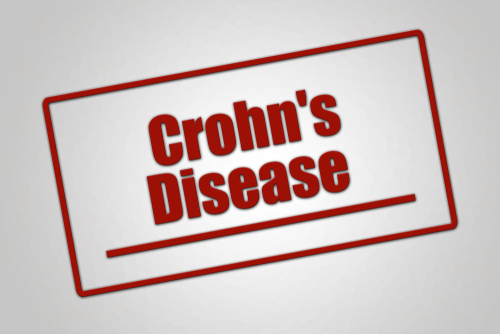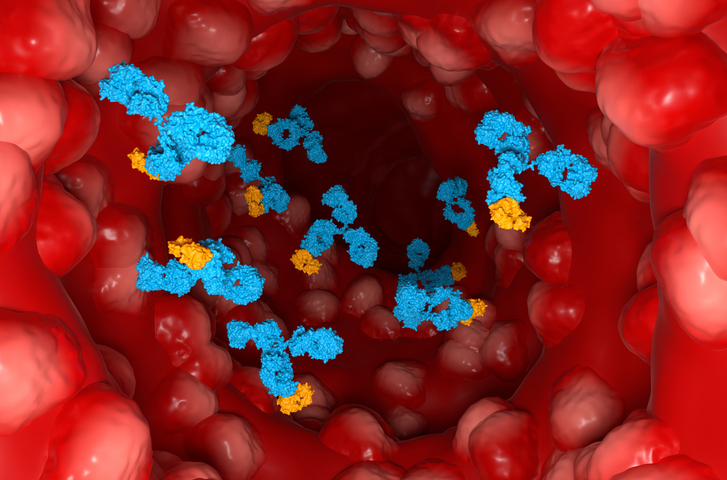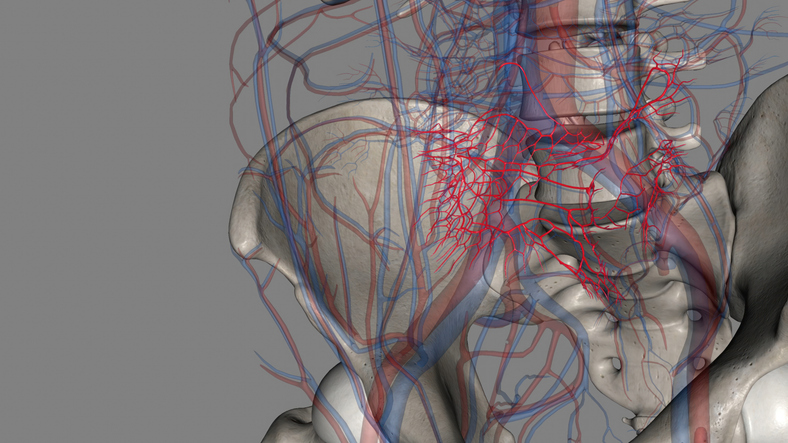
Researchers uncovered a potential molecular marker of Crohn disease (CD) in adipose-derived stem cells (ASCs) found in mesenteric adipose tissue (MAT). The findings were published in the Journal of Crohn’s & Colitis.
CD is characterized by the expansion of MAT, also known as creeping fat, which appears linked to disease activity. Researchers of this study “hypothesized that the dysfunctional ASCs in CD accumulate epigenetic modifications triggered by the inflammatory environment that could serve as molecular markers.”
Researchers performed genome-wide DNA methylome and transcriptome profiling in ASCs isolated from MAT biopsies of patients with both active and inactive CD. They then validated the test via reverse transcriptase–polymerase chain reaction in other fat depots and immune cells.
The analysis showed differences in DNA methylation and gene expression between ASCs isolated from patients with CD and from non-CD subjects, but no differences were observed related to disease activity. Pathway enrichment analysis revealed that oxidative stress and immune response were significantly enriched in active CD, and integration analysis identified MAB21L2, a cell fate-determining gene, as the most effected gene in CD. Moreover, the researchers observed a robust association between expression of the calcium channel subunit gene CACNA1H and CD remission.
“We identified a potential gene signature of CD in ASCs obtained from MAT,” the researchers concluded. “Integration analysis highlighted 2 novel genes demonstrating a negative correlation between promoter DNA methylation and transcription: one linked to ASCs in CD (MAB21L2) and the other (CACNA1H) related to disease remission.”







 © 2025 Mashup Media, LLC, a Formedics Property. All Rights Reserved.
© 2025 Mashup Media, LLC, a Formedics Property. All Rights Reserved.